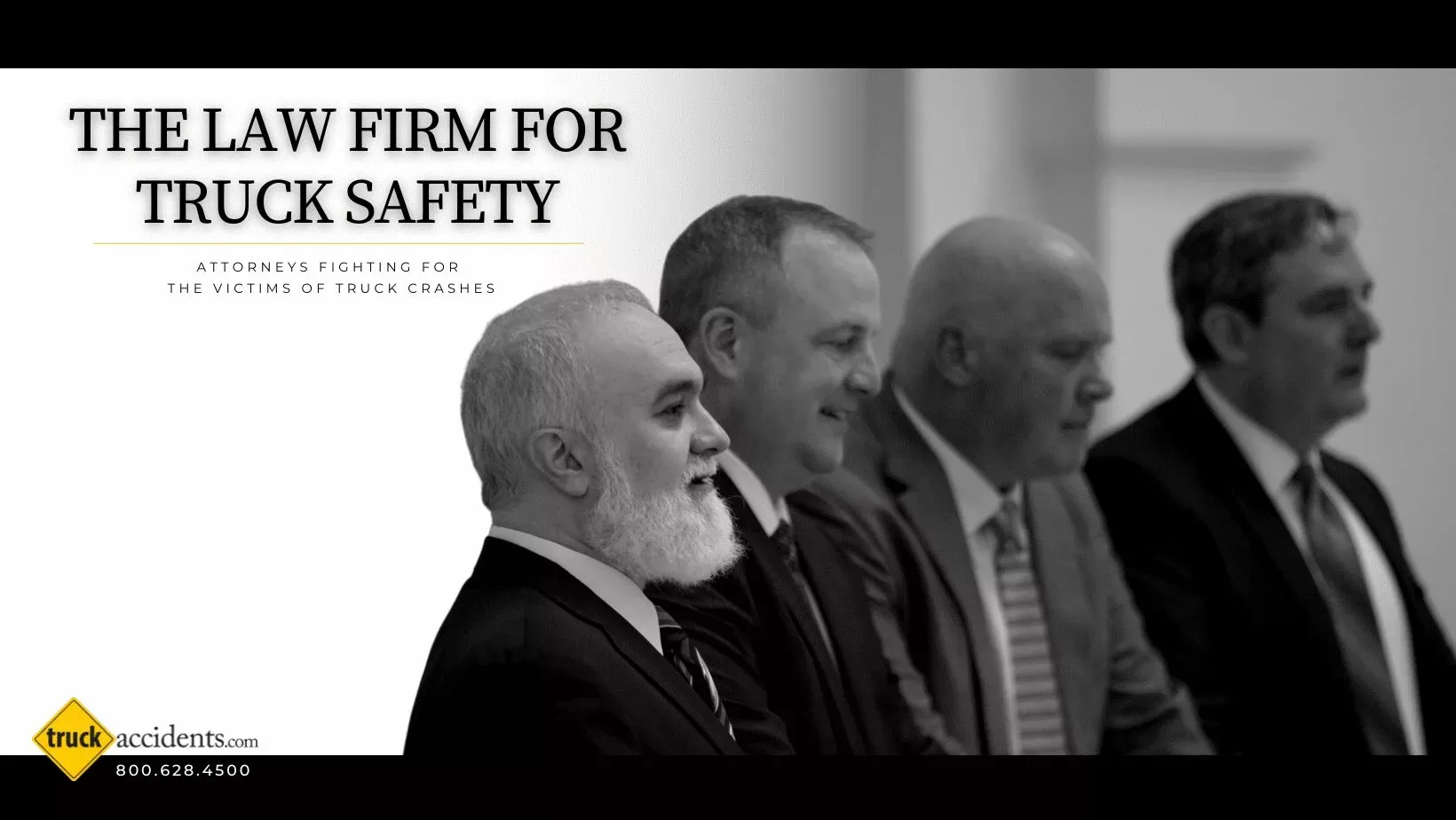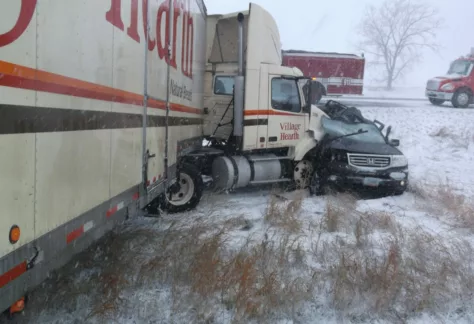In my work as a truck accident attorney, I have handled many cases involving trucking accidents caused by driver fatigue and violations of Hours-of-Service laws. Would changing the rules regarding the length of truckers' workdays and work weeks mean fewer fatigued big-rig drivers on the road -- and fewer truck wrecks? Supporters say it would, but the National Retail Federation (NRF) recently argued against these proposed changes in trucking laws.

Image by Ciara Houghton from Pixabay
The Federal Motor Carriers Safety Administration (FMCSA) Hours-of-Service rule currently allows truck drivers to work an 11-hour workday and reset their weekly limit by taking a 34-hour break. The proposed changes would limit the workday to 10 hours and require that the 34 hours of time off between each week of driving include at least two midnight-to-6 a.m. periods of nighttime rest.
Speaking to federal transportation officials last week, NRF Senior Vice President for Government Relations David French said, "As a result of the current 11-hour daily driving limit, U.S. retailers have been able to achieve significant efficiencies within their supply chains and distribution networks."
Any change to this limit, he said, could mean higher transportation costs, because more drivers and more trucks would be needed to move the same volume of goods. A change could also make the highways more dangerous, French said, since more trucks would be out at times when traffic is most congested. The mandated nighttime rest periods cause particular concern for the NRF, since overnight deliveries are often used to avoid daytime congestion, especially in high-traffic areas.
As a truck accident lawyer, I believe this is an irresponsible way to think about the issue. Of course an 11-hour day "achieves significant efficiencies," but my primary concern is safety.
Even more important than the number of hours a big-rig driver spends on the road is the effective enforcement of the Hours-of-Service rule, whether the limit is 10 hours or 11. We could accomplish this if the industry or FMCSA would enact trucking laws that mandate Electronic On Board Recording (EOBR) systems, which would allow truck companies and law enforcement to enforce driving time and reduce the number of falsified and double log books kept by some truck drivers. Use of these systems could help improve safety for all.
Referrals & Co-Counsel
Involved in a Crash?
No other law firm knows trucks quite like us. Our trucking law expertise and trial experience allow us to win multi-million-dollar results year after year.
Our team of truck accident attorneys works tirelessly to help your family find justice in the wake of a catastrophic truck crash.
Referrals & Co-Counsel
No other law firm knows trucks quite like us. Our trucking law expertise and trial experience allow us to win multi-million-dollar results year after year.
Involved in a Crash?
Our team of truck accident attorneys works tirelessly to help your family find justice in the wake of a catastrophic truck crash.


